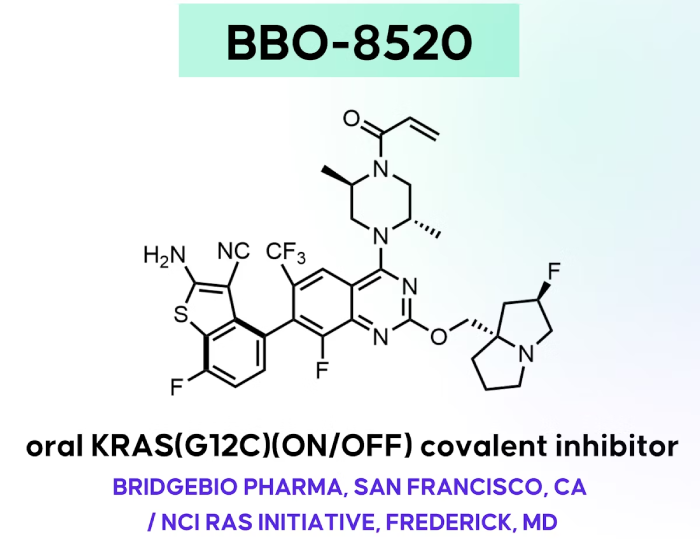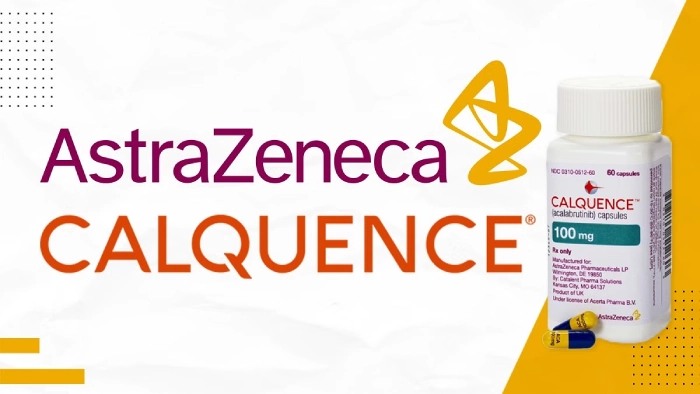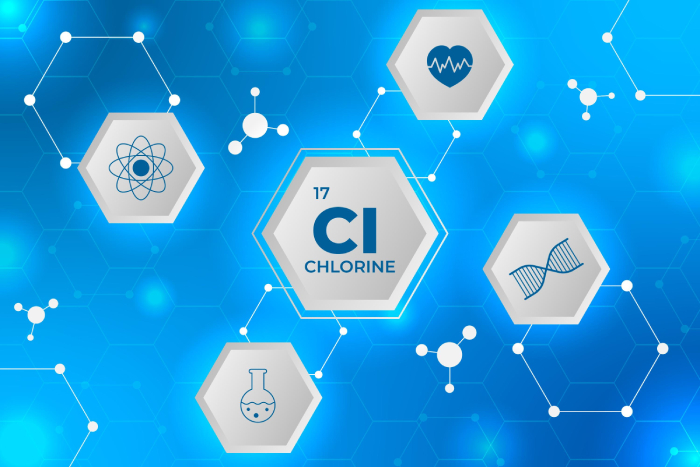Unveiling the Potential of GP1 for Enhanced Immunity and Gut Health
Researchers have made significant strides in understanding the potential of Glycyrrhiza polysaccharides, particularly a low-molecular-weight variant called GP1. This compound, derived from licorice root, has shown promising results in enhancing immune function and promoting gut health in healthy mice. The study, conducted by a team of scientists, aimed to explore the immune-boosting effects of GP1 and uncover its underlying mechanisms.
The investigation began with cell experiments to assess GP1’s cytotoxicity and immunomodulatory activity. Researchers then conducted in vivo studies to examine the effects of GP1 on antioxidation, immune regulation, and gut microbiota structure in healthy mice. To gain a comprehensive understanding of GP1’s impact, the team employed multi-omics analysis to elucidate the mechanism by which it enhances immune responses in healthy subjects.
The findings revealed that GP1 significantly improved immune function in healthy mice through various mechanisms. It increased the size of immune organs, enhanced their structural organization, and boosted the secretion of immune cytokines and immunoglobulins. These changes collectively contribute to a more robust immune system capable of responding effectively to potential threats.
Another notable effect of GP1 was its ability to enhance the body’s antioxidant capacity. The compound increased the levels of crucial antioxidant factors such as total antioxidant capacity (T-AOC), glutathione peroxidase (GSH-Px), and superoxide dismutase (SOD) in various organs. Simultaneously, it reduced the concentration of malondialdehyde (MDA), a marker of oxidative stress. This antioxidant boost promotes cell proliferation and may contribute to increased longevity.
Perhaps one of the most intriguing aspects of GP1’s effects was its impact on the gut microbiome. The compound promoted the growth of beneficial bacteria, including Muribaculaceae_unclassified, Muribaculum, Prevotellaceae_UCG-001, and Paramuribaculum. Additionally, GP1 stimulated the production of health-promoting metabolites, or postbiotics, such as α-tocopherol, arachidonic acid, melibiose, taurine, and nicotinic acid. These changes in the gut microbiota and metabolite profile are believed to be key mechanisms underlying GP1’s beneficial effects on health.
The researchers conclude that GP1 shows promise as an immune-enhancing dietary supplement, capable of boosting immune function, improving antioxidant capacity, and promoting a healthy gut microbiome.
Commentary by SuppBase columnist Alice Winters:

The research on Glycyrrhiza polysaccharide GP1 presents an exciting development in the realm of immune-boosting supplements. As we navigate an increasingly health-conscious world, the potential of natural compounds to enhance our body’s defenses has never been more relevant. However, it’s crucial to approach these findings with both enthusiasm and caution.
Firstly, the multi-faceted benefits of GP1 are indeed impressive. Its ability to enhance immune function, boost antioxidant capacity, and promote beneficial gut bacteria paints a picture of a supplement with wide-ranging health implications. The increase in immune organ indices and improved structural organization of these organs suggest a fundamental strengthening of the immune system’s infrastructure. This could potentially translate to more robust and efficient immune responses in the face of pathogens or other health challenges.
The antioxidant effects of GP1 are particularly noteworthy. By increasing levels of crucial antioxidant factors like T-AOC, GSH-Px, and SOD while reducing oxidative stress markers like MDA, GP1 demonstrates a capacity to combat cellular damage and potentially slow aging processes. This dual action of boosting beneficial compounds while reducing harmful ones is a hallmark of effective antioxidant supplements.
However, it’s the impact on gut health that truly sets GP1 apart. The ability to modulate the gut microbiome by promoting the growth of beneficial bacteria and stimulating the production of health-promoting metabolites aligns with cutting-edge research on the gut-immune axis. The specific bacteria and metabolites mentioned, such as Muribaculum and α-tocopherol, have been associated with various health benefits in previous studies, lending credibility to GP1’s potential as a prebiotic compound.
That said, several caveats must be considered. Firstly, this study was conducted on mice, and while animal models are invaluable in preliminary research, human trials are necessary to confirm these effects in our species. The dosage, administration method, and long-term effects in humans remain unknown and require further investigation.
Additionally, while the study focused on healthy mice, it’s crucial to understand how GP1 might interact with existing health conditions or medications. Supplements that modulate immune function can potentially exacerbate autoimmune conditions or interfere with immunosuppressive therapies.
The source and quality of GP1 will be critical factors in any potential commercial application. Licorice root, from which Glycyrrhiza polysaccharides are derived, is known to have potential side effects when consumed in large quantities, including hypertension and electrolyte imbalances. It’s essential to determine whether isolated GP1 carries any of these risks.
From a market perspective, GP1 shows promise as a novel prebiotic and immune-boosting supplement. Its multi-faceted benefits could appeal to a wide range of consumers, from those seeking general immune support to individuals interested in gut health or anti-aging products. However, positioning and marketing such a product would require careful navigation of regulatory landscapes, particularly regarding health claims.
In conclusion, while the research on GP1 is exciting and holds significant potential, it represents an early stage in the development of a possible health supplement. Further research, particularly human clinical trials, will be crucial in validating these effects and ensuring safety. As we await more data, GP1 serves as a fascinating example of how traditional medicinal plants continue to yield promising compounds for modern health applications.



